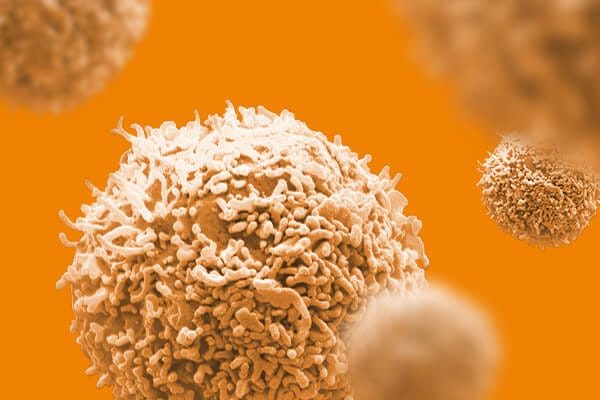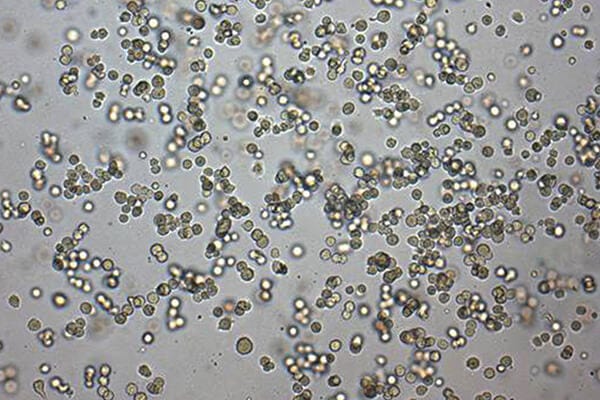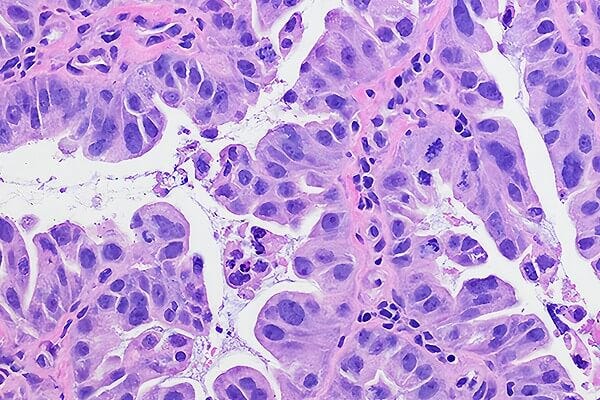PURPOSE: To explore the expression of stem cell genes in breast cancer and the relationship between stem cell gene expression and clinical and pathological characteristics and prognosis of breast cancer. BACKGROUND: By now,stem cell differentiation-related genes and the relationship between the genes and clinic-pathological characteristics and prognosis of breast cancer are still unclear. MATERIALS AND METHODS: CD44+/CD24- tumor cells were selected by Flow cytometry. The differential expression of genes between CD44+/CD24- tumor cells and non-CD44+/CD24- tumor cells were detected by RT(2) Profiler™ PCR Array. The expression of stem cell gene Octamer-4 (Oct-4) was analyzed by immunohistochemistry staining and the relationship between Oct-4 and clinicopathological parameters of breast cancer was determined. RESULTS: Seven different genes including stem cell differentiation-related factors (CD44,Oct-4,and nestin),cell cycle regulators (APC and CDC2),and growth factors (HGF and TGF) were detected as significantly differently expressed between CD44+/CD24- tumor cells and non-CD44+/CD24- tumor cells. Oct-4 protein expressed significantly higher in cancerous tissues than adjacent-tumor tissues (P = 0.001). Moreover,we observed that the expression of Oct-4 protein was related to histological type,lymph node status and molecular type of breast cancer (P = 0.001,0.006,and 0.001,respectively). After survival analysis,the cases with highly expressed Oct-4 protein attained a significantly poorer postoperative disease-specific survival than those with none/low expressed Oct-4 protein (P = 0.001). In the Cox regression test,tumor size,histological type,disease stage,lymph node metastasis,Her-2 and Oct-4 were detected as the independent prognostic factors (P = 0.031,0.012,0.001,0.002,0.030,and 0.003,respectively). CONCLUSIONS: Oct-4 was highly expressed in CD44+/CD24- tumor cells,and may be a potential biomarker for the initiation,progression,and differentiation of breast cancer.
View Publication


 EasySep™小鼠TIL(CD45)正选试剂盒
EasySep™小鼠TIL(CD45)正选试剂盒





 沪公网安备31010102008431号
沪公网安备31010102008431号